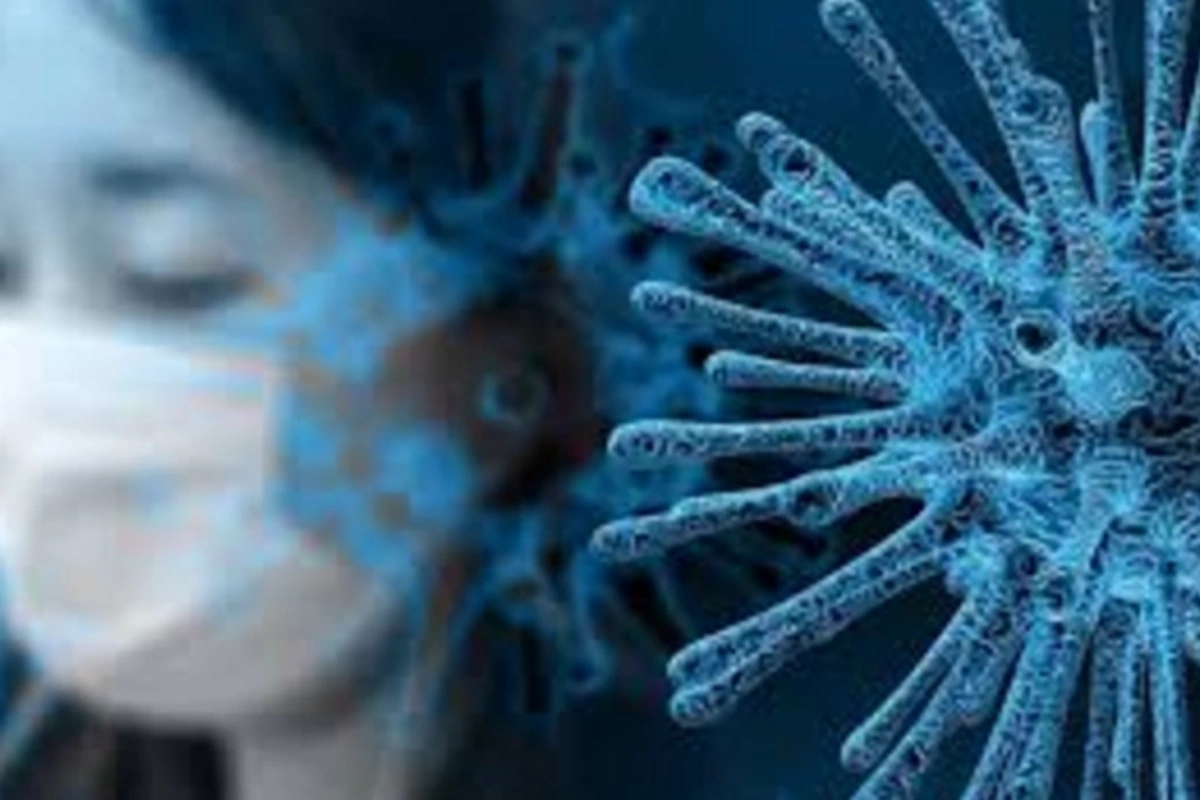09 Jul , 10:33
3

Breakthrough in virology: a unique antibody created against two deadly viruses, blocking their mutations. Results of the revolutionary research published in Nature journal.
Nipah and Hendra viruses from the henipavirus family, notorious for their high mortality, cause severe inflammation of the lungs and brain. Nipah outbreaks are regularly recorded in South Asia, predominantly in Bangladesh and India, while Hendra is more common in Australia, where it is transmitted to humans from bats through horses. Until today, humanity remained defenseless against these infections - neither vaccines nor approved drugs existed against them.
The revolutionary drug is an innovative two-component molecule combining the DS90 nanobody, which blocks the virus fusion protein, with the already known m102.4 antibody, which prevents the virus from attaching to the cell. This "double-barreled" solution showed not just high effectiveness, but unprecedented reliability: the viruses were unable to develop protective mutations even after numerous attempts.
The results of animal trials are striking: the drug provided one hundred percent protection when used prophylactically and saved half of the already infected individuals when used therapeutically. The key advantage of the development is its effectiveness against both viruses, including various strains and potential mutant forms.
Researchers note that the developed approach could become a universal model in the fight against particularly dangerous viral infections. The nanobodies used are of special value, which due to their compactness and stability are ideal for rapid production, do not require complex storage conditions, and can even be applied in the form of inhalations.